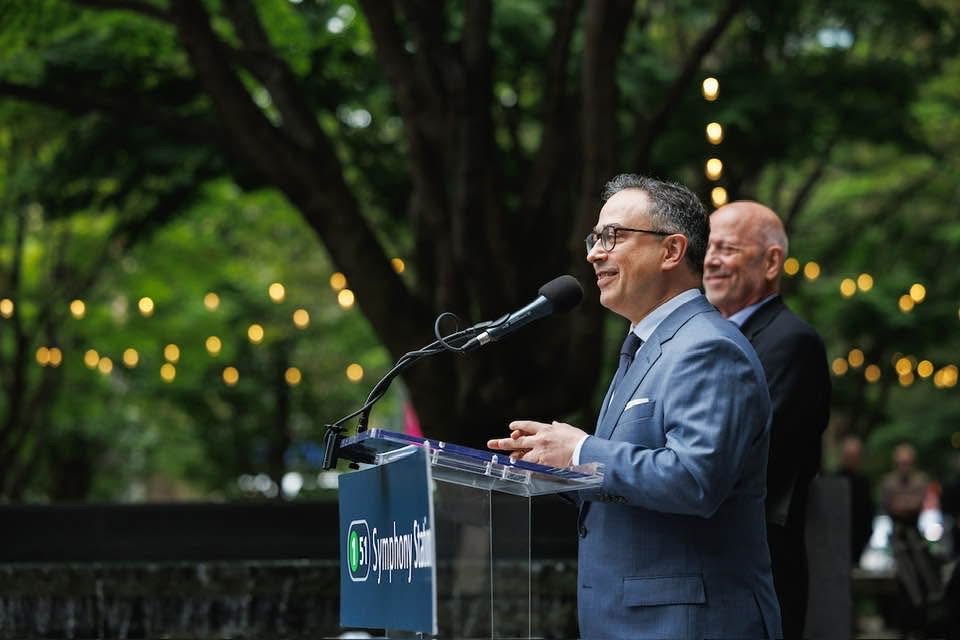In any moment of consequence, whether in the concert hall, the boardroom, or the public square — courage is not a virtue reserved for heroes. It is a daily discipline. And in the world of orchestral music, where tradition and transformation constantly intersect, courage is essential. Leadership in the arts demands a nuanced form of bravery. It is not the thunderous defiance of opposition, but rather the quiet resolve to persist, to innovate, and to believe in a future that may not yet be visible. As with a Mahler symphony, where each movement carries contrasting colors and emotional complexities, leadership calls for navigating ambiguity without surrendering to paralysis.
Courage to Face the Score
In 2020, the world changed, and so did the symphony. The pandemic tested every assumption underpinning our institutions—audiences, revenues, rehearsal models, even the very meaning of community. What became evident is that returning to the status quo was not only insufficient—it was impossible. The decision to pivot was not borne of confidence, but of courage. We broadcast music from empty halls. We paid musicians even when we could not play. We placed public health above performance, while still insisting that the arts must remain vital.
Courage to Listen Differently
The past few years have amplified long-overdue conversations about equity, representation, and access in classical music. As stewards of a cultural legacy, orchestras must also become agents of change. This means acknowledging past exclusions and choosing inclusivity not as an initiative, but as an operational imperative. Orchestras around the world are learning to listen differently to their communities to connect with new audiences and grow the creative brain trust. Courage here lies in humility: to admit what we don’t know, to ask what others need, and to shape programming and partnerships that reflect a broader civic identity. When this is done correctly orchestras become agents for a stronger and vibrant society.
Courage to Imagine the Unwritten
The symphonic tradition thrives because it evolves. Beethoven shocked his audiences. Stravinsky caused riots. The very composers whose works are now canonical were once audacious. Similarly, today's orchestra leaders must have the fortitude to imagine futures that do not yet exist on the page. This has practical consequences. It may mean commissioning works in languages never before heard on our stage. It may mean performing in spaces that challenge our comfort zones. It may mean rethinking economic models to sustain not just excellence, but relevance. Vision is only meaningful when paired with execution—and execution demands the courage to fail, recalibrate, and persist.
Leading with Purpose
Leadership without fear is a myth. The question is not whether fear exists—it always does—but whether it defines the next decision. Courage is not the absence of fear, but the refusal to be mastered by it. For those of us privileged to lead in the arts, the responsibility is clear. The world is not waiting for orchestras to catch up. It is asking whether we will lead. To do so requires conviction, imagination, and above all—courage. Because when the lights dim and the baton rises, the first note is always a leap of faith




